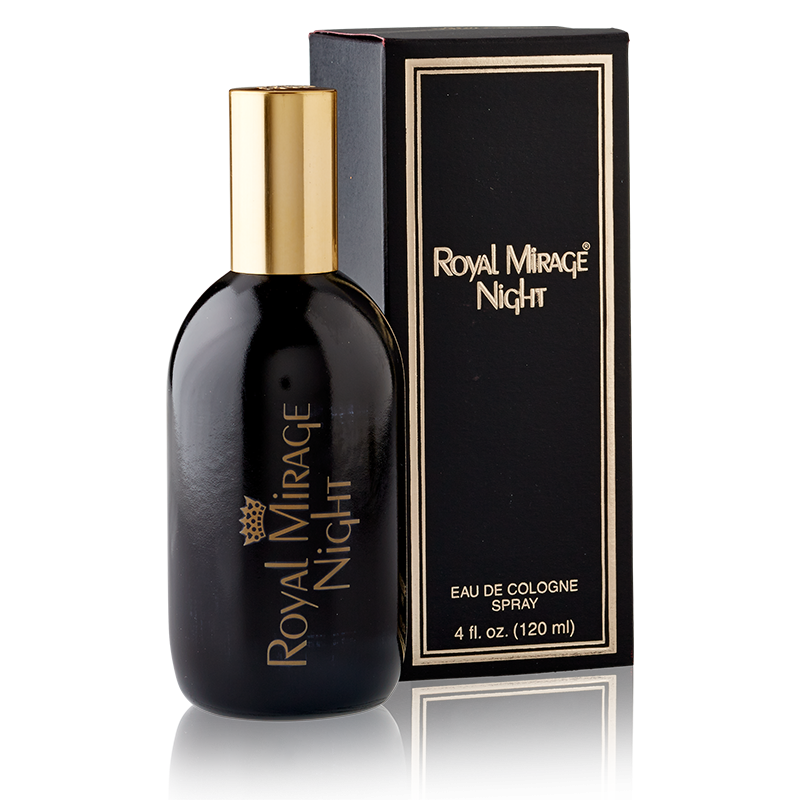Gemstones should always be stored with great care. You can use special cases for storing precious stones, which have a rigid frame and thick walls. They can protect your rock if it falls. The walls inside the gem storage box are lined with pads to prevent the gem from being scratched or damaged. Choose a box with multiple shelves and compartments to sort your stones by type and store them separately. For added security, look for a gem storage case that can be locked.
Diamonds are the hardest of all stones, so they are sorted separately from other jewelry. Softer stones such as opal, amber, turquoise and many others are prone to scratches and cracks as well as temperature fluctuations. They should be stored in separate cloth bags in a room with a relatively stable temperature. Some porous stones, such as emerald, ruby, and chrysolite, may crack when dry, so they should be periodically lubricated with special gemstone care products. As for pearls, they are very soft and brittle. Store pearls in soft bags to protect them from dust and mechanical damage. If pearls are not worn for a long time, they fade. This unusual gemstone should only be cleaned with a soft, slightly damp cloth. Here are 3 more rules for storing gems:
• Precious stones should be stored in a box in a dark place. Even the ubiquitous dust can scratch stones (although this can happen after a very long time), as it can contain tiny particles of graphite.
• Prolonged exposure to daylight is detrimental to corals and pearls. Turquoise can even take on a greenish tint.
• For opals, mother-of-pearl and pearls, it is recommended to use a tight, almost airtight gemstone storage case, which can dry out and crack if stored in a dry place for a long time. Opals should also not be soaked in water.
James Martin is a passionate writer and the founder of OnTimeMagazines & EastLifePro. He loves to write principally about technology trends. He loves to share his opinion on what’s happening in tech around the world.



